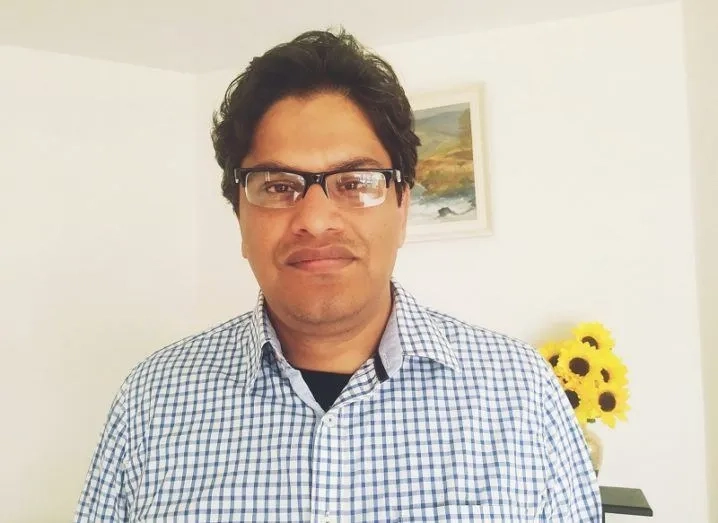How machine translation can help bring Covid-19 info to the masses
25 Jan 2023, 13:34
Dr Rejwanul Haque of DCU is developing machine translation tech as part of efforts to keep people informed about Covid-19.

.webp)
Advertising feature by
Euraxess
.webp)
Advertising feature by
This describes content that has been written and edited in close collaboration with the organisation, which has funded the feature; it is advertising. The content has been written by gradireland editors but the organisation has provided content, contributors and instruction and has approved the content.
